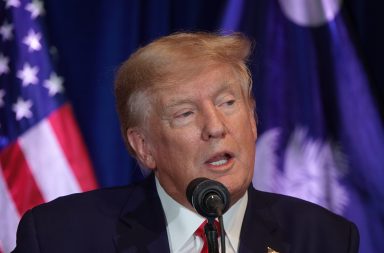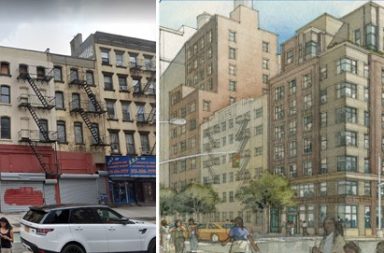Venezuela isn’t leaving its embassy in New York — but its biggest bank is leaving the swanky townhouse next door.
The US arm of Venezuela’s largest bank has bagged $30 million by selling a six-story building that’s located across the street from St. Patrick’s Cathedral — and adjacent to the embattled country’s consulate on East 51st Street, The Post has learned.
There are no indications that the sale — which was made to Soho China, a developer that owns a large stake in the GM Building — reflects problems at the bank, however.
In a written statement to The Post, Coral Gables, Fla-based Mercantil Bank said its sale of the Italian Renaissance-style landmark at 11 E. 51st St., which it has owned for the past 25 years, has nothing to do with Venezuela’s imploding economy.
“An opportunity presented itself where we could prudently and profitably dispose of this asset which has been in the works for about two years,” a spokesman told The Post.
Mercantil is “supervised by US regulators only” and is moving its offices to a new location two blocks away as it focuses on commercial real estate instead of retail banking, the spokesman added.
Elsewhere, Mercantil said it’s expanding in South Florida and Houston, and its debt still gets stable ratings from FitchRatings because of its “strong capital and liquidity.”
Fitch said in a December report that Mercantil relies partly on Venezuelan customers who look to the US as a “safe haven” for their assets. Its rating could turn negative, it warned, on an “unexpected change in depositor behavior.”
Last week, reports surfaced that Venezuela has been in talks to sell valuable oil assets to Russian energy companies as it scrambles to ease a liquidity crisis.
Mercantil’s Venezuelan parent, Mercantil Servicios Financieros, earned ridicule from the press last week when its market capitalization on Venezuela’s stock exchange briefly topped that of Apple’s because the government has been overvaluing its currency by as much as 1,000 fold.
Still more bizarre, Mercantil’s retreat in Manhattan comes as the son of Venezuelan President Nicolas Maduro declared this weekend that “rifles would arrive in New York” if President Trump carried out a threat last week to use “a possible military option” to quell the country’s brewing humanitarian crisis.
Trump’s warning came as a powerful congress loyal to Maduro was created in a sham election that was internationally condemned.
With economic sanctions widening, the country faces nearly $4 billion in bond payments coming due by the end of this year.
“Clearly the economic pressure is accelerating,” said Siobhan Morden, head of Latin American fixed income strategy at Nomura, a bank which along with Goldman Sachs has purchased controversial bonds that critics say have helped fund the government.
Critics have labeled the securities “hunger bonds,” arguing that their repayment could be at odds with feeding the country’s citizens.
“Default is inevitable,” Morden said. “It may not be this year, but it’s either from cash flow constraints or complications on the back of sanctions.”









